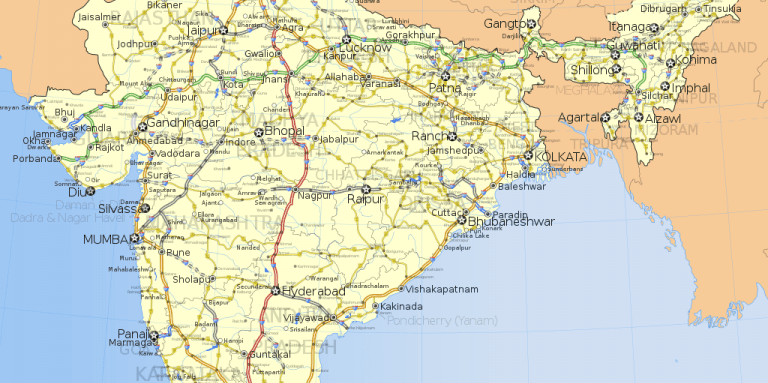
CREDENTIAL EVALUATION SERVICES FOR INDIAN STUDENTS
By Jim Franks
The differences between the university systems in India and the United States often result in challenges for Indian students in having their degree’s recognized when transferring or seeking admission to a university in the U.S. It’s important for you to select a credential evaluation service that has experience in evaluating your degree earned in India.
What is the difference between my bachelor’s degree earned in India and a U.S. Bachelor’s degree?
Because India’s system of higher education is more closely related to the British system, most Indian Bachelor’s degrees can be earned in 3 years. In the United States a bachelor’s degree traditionally takes 4 years to earn. For this reason, it is more difficult for a 3-year bachelor’s degree from an Indian university to be recognized by universities or professional licensing bodies in the United States.
There are historical and cultural issues which contribute to this challenge. Until the late 1980s, Universities in India had high enrollment rates and lacked stringent accreditation and quality control measures. Another difference between the U.S. system of higher education and that of other nations is that the U.S. requires more “general education” credits to be completed in order to earn a degree. Often, these credits include classes that are not directly related to the students field of study. For these reasons, most 3-year degrees from an Indian university are considered equivalent to 3 years of study in a U.S. college or university.
How can I tell if my degree will be considered equivalent in the United States?
While many bachelor’s degrees earned in India require additional education and/or credit hours in order to be accepted in the U.S., there are some 3-year bachelor’s degree considered equivalent. The general equivalency requirements for 3-year Indian bachelors are that:
Because each university in the U.S. sets their own admission standards, it is also possible that your 3-year degree will be accepted to the institution to which you are applying. Many prestigious universities in the U.S. accept 3-year bachelor’s degrees. Because admission requirements are always changing, it is important that you research the admission requirements of any college or university to which you are transferring or applying.
What if my degree is not considered equivalent to a United States Bachelor’s degree?
First, it is important to recognize that your unique educational experience will be reviewed by a professional credential evaluator to determine which gaps need to be filled in order to establish equivalence with a U.S. bachelor’s degree. Credential evaluators reference numerous official institutions, including the University Grants Commission (UCG), the Ministry of Human Resource Development (MHRD), and others in order to determine extenuating circumstances or additional factors that could contribute to establishing equivalency of your degree to a U.S. degree.
However, not all 3-year bachelor’s degree’s earned in India will be considered equivalent to a 4-year U.S. bachelor’s degree. In the event that your degree is not considered equivalent, there are several options available to you:
What do I need to do to establish degree equivalence?
When you have determined the requirements of the college or university to which you are applying, the most important step in establishing the equivalence of your degree is to seek the services of a Credential Evaluation Service. A credential evaluation is usually required to further your educational goals or to obtain an employment-related visa in the U.S.
Credential evaluation services will compare your educational background to that of the U.S. education system to determine what, if any, additional education you may need. It’s essential that you select a service that has a background in evaluating degrees earned in India to maximize the chances that your degree will be considered equivalent.
In order to establish equivalence, professional credential evaluators will require several documents to determine you education history. These documents may include, but are not limited to:
Conclusion
Furthering your educational goals or continuing your career in a new country can be exciting but may also be a stressful and confusing process. Selecting an experienced, professional credential evaluation service such as USCES.org, maximize your chances of establishing degree equivalence. However, if your degree is not considered equivalent to a U.S. degree, your credential evaluation can also provide a useful starting point to determine the next steps required to establish equivalence and reach your educational or professional goals.